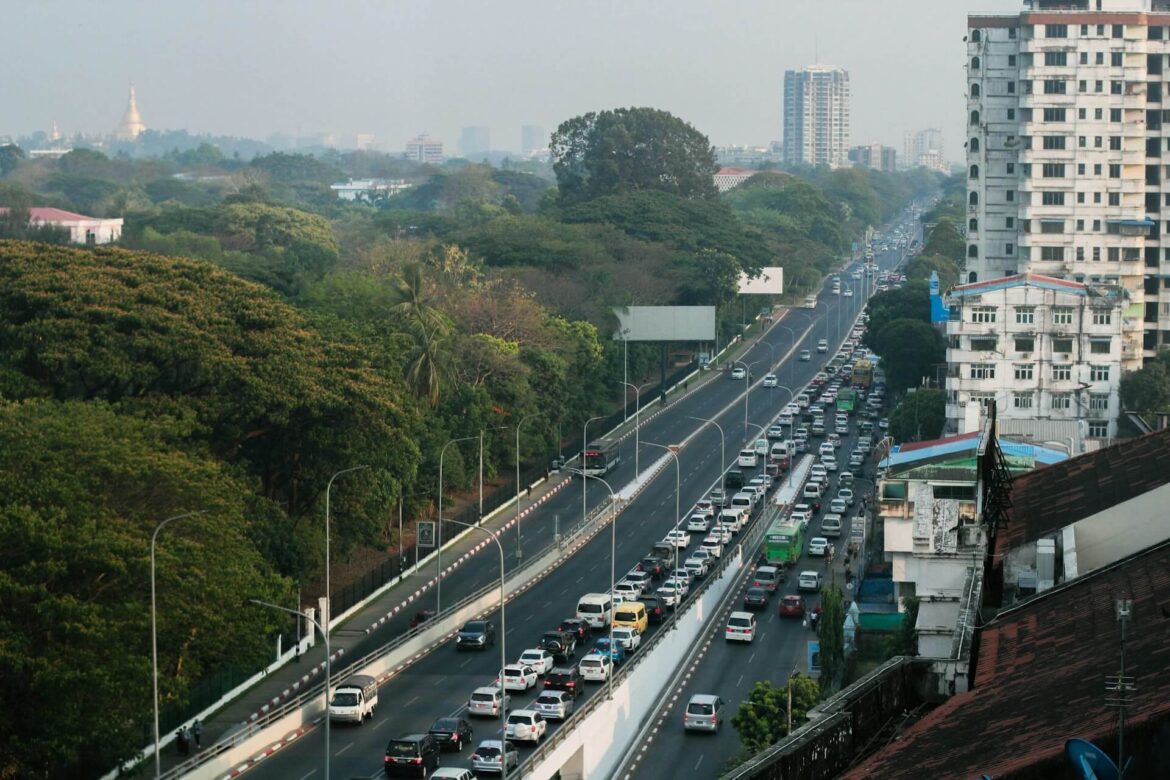Experts in Bangladesh are strongly advocating for the swift formulation of a comprehensive and integrated automobile policy, deeming it crucial for steering the nation towards green transportation and fostering sustainable economic growth. The current absence of such a unified policy has created significant gaps between existing regulations and the dynamic realities of the industry, thereby impeding the development of a competitive and environmentally responsible automobile sector. A holistic policy is considered vital not just for promoting electric vehicles (EVs) but for enabling a broader shift towards truly green transport solutions. This includes substantial improvements in public transportation systems and the encouragement of non-motorized travel options, creating a more sustainable urban and rural mobility landscape. Experts highlight several challenges currently hindering this progress, such as the lack of an overarching law specifically for the automobile industry, an insufficient duty gap between completely knocked down (CKD) and completely built unit (CBU) vehicles, and the absence of a clear policy framework for the domestic production of vehicle components. Additionally, high import duties on essential vehicles like microbuses, which are not currently manufactured within the country, pose a significant barrier to their widespread adoption. To overcome these hurdles, experts propose several key recommendations. These include adopting an import-friendly policy for used and reconditioned vehicles that incorporate advanced technologies, and a concerted effort to enhance supply chains across the entire country. The strategic role of an integrated policy is paramount in addressing Bangladesh’s high logistics costs, which are currently estimated to be 20-25% higher than the global average. Successful policy implementation could lead to a substantial 20% boost in export competitiveness, directly benefiting the nation’s economy. The anticipated benefits of a well-crafted policy are multi-faceted, promising significant improvements for Bangladesh. Environmentally, it will lead to reduced emissions, contributing to cleaner air and a healthier planet. Economically, a more competitive automobile industry is expected to drive growth and innovation. Furthermore, the promotion of green transport options holds the potential for improved public health outcomes through decreased air pollution. Renowned individuals like Matiur Rahman from the Bangladesh Motorcycle Manufacturers and Assemblers Association, along with Rizwan Rahman, the previous president of the Dhaka Chamber of Commerce and Industry, as well as Abdul Haque of Barvida, along with insights from economist Masrur Riaz and Commerce Adviser Sk Bashir Uddin, the time is ripe for such a transformative policy. By embracing an integrated approach, Bangladesh can effectively pave the way for a sustainable, competitive, and environmentally conscious transportation future.
Integrated Automobile Policy: Paving the Way for Green Transport in Bangladesh
43


